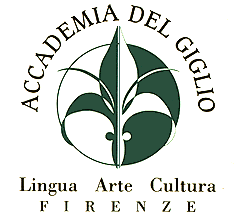Our language, formed about eight centuries ago, has always been considered one of the most internationally diffused languages. The diffusion of the Italian language has been more recently characterized also by two other factors: the presence of large Italian communities in some geographical areas (United States, Canada, Argentina, France, Belgium, Germany, Australia…) as a consequence of the migratory flows which took place during the last century, and the non-native language learnt and spoken by the millions of immigrates living in Italy since the nineties. During the last years Italian has been having a large expansion not only as a language of culture, as it was mainly considered in the past, but also like the language of one of the main world’s economic-productive system. Nowadays Italian is beginning to occupy more and more space in the world of business too, given our economy’s current international expansion. Italian is the fourth-fifth most studied foreign language and today more and more college students graduate in Italian and more and more European citizens apply for one of the Leonardo projects taking place in Italy. The Leonardo projects actually offer the possibility of training in Italy especially to young students, making apprenticeship in the professional sector they are studying and also learning Italian as second language. This kind of experience aims at  creating new career opportunities as well as at encouraging professional mobility among young people , who at the same time take advantage of learning a foreign language and acquire a European awareness. Furthermore, the Leonardo project concentrates on developing languages skills for professional purposes and so it has turned out to be very important for students who wish to learn and improve the vocabulary used in their training and future working area. Accademia del Giglio offers courses in specific Italian and works with foreign schools involved in the Leonardo project to give their students the language skills they need for the traineeship period.
creating new career opportunities as well as at encouraging professional mobility among young people , who at the same time take advantage of learning a foreign language and acquire a European awareness. Furthermore, the Leonardo project concentrates on developing languages skills for professional purposes and so it has turned out to be very important for students who wish to learn and improve the vocabulary used in their training and future working area. Accademia del Giglio offers courses in specific Italian and works with foreign schools involved in the Leonardo project to give their students the language skills they need for the traineeship period.
Studying Italian: only for culture?Scrivi un commento |








Commenti recenti